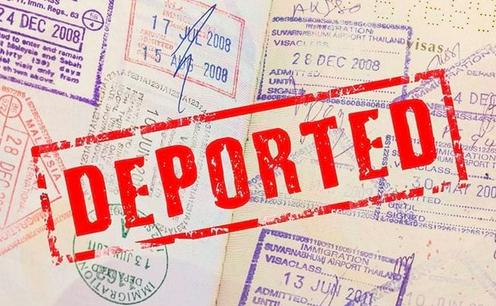Starting September 1 of this year, Uzbek citizens deported for violating migration or other laws abroad will be barred from obtaining biometric international passports for two years. This measure is outlined in a government resolution dated May 13, the country's Migration Agency reported via its Telegram channel.
The restriction will primarily affect citizens repatriated under readmission agreements between Uzbekistan and other states—that is, migrants who overstayed visas or were sent back based on deportation rulings.
Additionally, the two-year passport ban will apply to individuals whose actions are deemed damaging to the international image and reputation of the Central Asian republic.
Those subject to the ban will be added to a Unified Electronic Database. Oversight of this process is assigned to the Migration Agency under the Cabinet of Ministers.
The database will collect information from the following sources:
✅ the Ministry of Foreign Affairs and Uzbek diplomatic missions abroad;
✅ the Ministry of Internal Affairs—regarding citizens readmitted under international agreements;
✅ the Migration Agency and its foreign offices.
However, removal from the blacklist will be possible and will fall under the jurisdiction of the Interior Ministry.
The resolution also introduces several additional penalties for deported citizens. If repatriation was carried out at the expense of the Migrant Support Fund, the cost will later be reclaimed from the deportee. Any state subsidies or compensation previously provided must also be returned.
Migrants included in the offender database will be prohibited from participating in organized employment programs in developed countries for one year. Moreover, their labor contracts will include financial penalties and guarantor clauses to cover cases where contracts are terminated due to the worker’s fault or if the worker breaks the laws of the host country.










